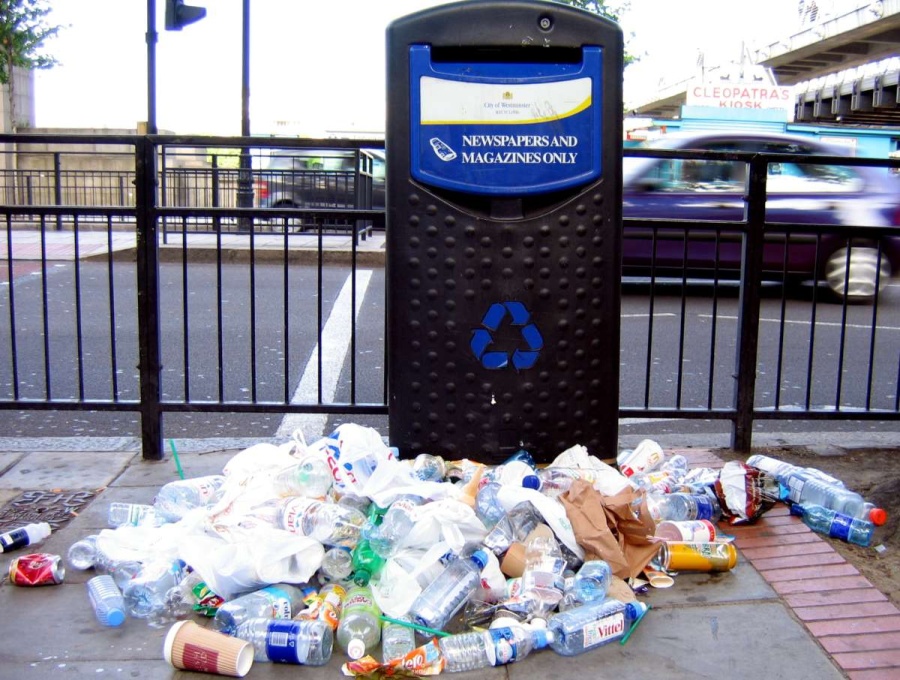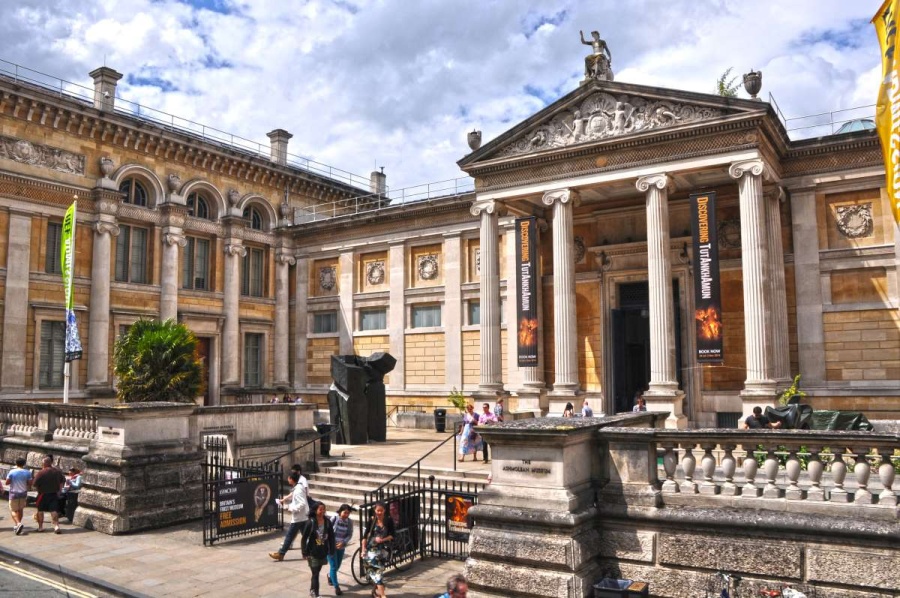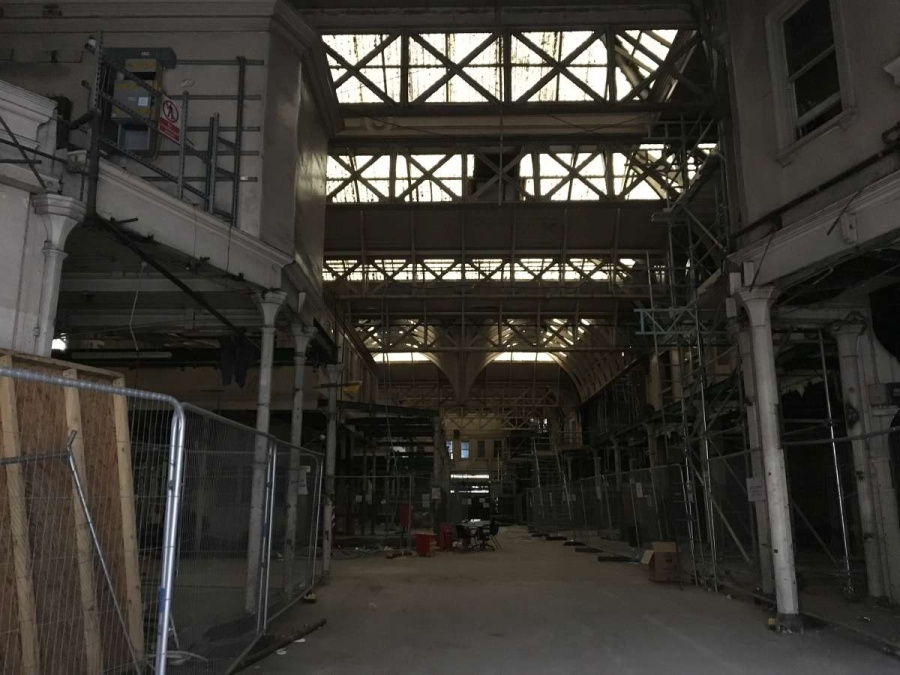A recent YouGov poll had one-fifth of Londoners choose “dirty” as one of their main descriptors of the capital. …reports Asian Lite News
As councils stretch budgets to cover the costs of housing and social care, what happens to the other areas they are responsible for? Collecting the bins, cleaning and lighting the streets and filling potholes are among the most immediately visible metrics against which a council is judged.
A recent YouGov poll had one-fifth of Londoners choose “dirty” as one of their main descriptors of the capital. One professor has even called it the “grotification” of London and said unclean, grimy streets are spreading across the capital.
As Havering Council’s leader, Ray Morgon said, everyone wants to live in a clean, safe borough. But with 70% of the budget going towards social care and housing services, other areas are thinly stretched. “It means those discretionary services now are a smaller proportion of our overall budget – and as a result there has been a decline.
Havering Council has introduced a volunteer scheme to tackle “grot spots”, he said. “We’re looking at ways to try and stop the decline, but we are also looking to our residents to help us to do that.”
Prof Tony Travers, an expert in local national government at the London School of Economics, coined the term “grotification” – meaning the declining standards of cleanliness of our streets. “Most people feeling that if the streets, parks and gardens they live in are scruffy and not properly cared for, they don’t feel good” Prof Travers said.
“If we look at the cuts to local government funding, social care has to be protected – everything else including street cleaning, weeding, graffiti cleaning, has taken a much deeper cut, up to half in some cases. “That means our neighbourhoods look less good and that affects our pride of place”.
Leader of Croydon Council Jason Perry said the authority was trying to tackle the problem with schemes such as a new – more efficient – streetlight contract.
Julia Neden-Watts from Richmond Council said one of her concerns about keeping the streets clean was the increase in national insurance, which would make contractors more expensive for councils. At the moment businesses pay a rate of 13.8% on employees’ earnings above a threshold of £9,100 a year.
In the Budget Chancellor Rachel Reeves said this rate would increase to 15% in April 2025, and the threshold would be reduced to £5,000. So Neden-Watts said Richmond was looking to work “smarter”.
“It’s about where you can invest to save. The more reuse, the more recycling, the less we have to spend on collecting and disposing of rubbish. “We can end up finding some positives [in the funding gap] but it’s hard work.”
ALSO READ: UK property market surges














